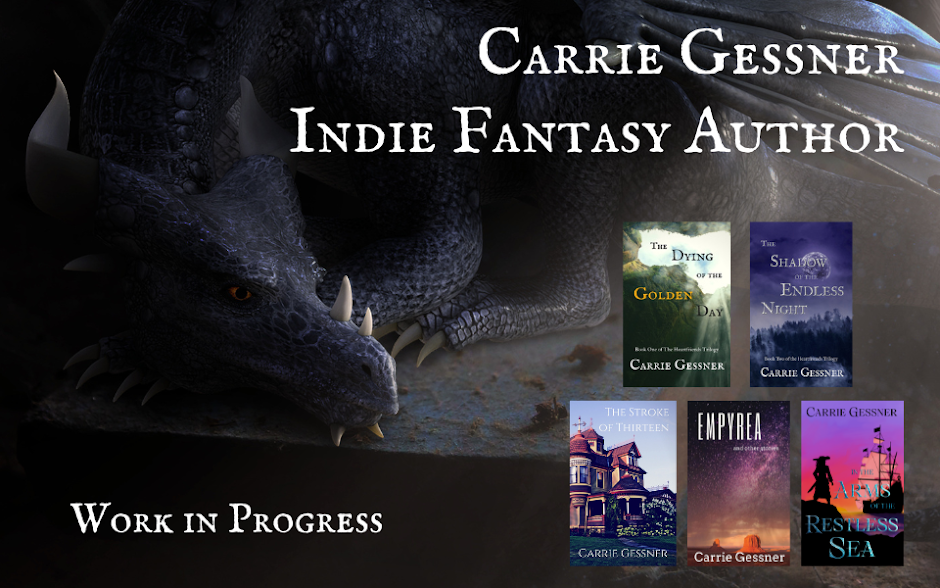For the fourth year in a row, I participated in National Novel Writing Month, a challenge to write 50,000 words in the month of November. In past years, the challenge has helped me in several ways, like helping me finish a draft of my thesis. But this is the first year I actually hit the 50K mark. In the process, I learned a lot about myself as a writer.
1. I'm a sprinter, not a marathoner. This is true for me in real life, too. While some of my friends can easily reach 10K in a day, it's better for me to hit shorter goals. I try for 1,000 first, and if I make it, then I can try for another 1,000 and call it a day. But if I don't even make it to the first one, it's probably because something is wrong with the story itself. So instead of pushing it, I take a break and regroup.
2. Being a sprinter means I need rest days. Out of the 29 days it took me to get to 50K, I didn't log any words on five of those days, and I took three days off in a row right in the middle of the month to recharge and rethink my project. Even though "write every day" is common advice, it's not necessarily good advice for me. A day or two off can be of more help than trying to push through when I know the story needs some retooling.
3. 2,000 words is a doable goal for me. Any more than that was pushing it, but 2K is comfortable and enough to make me feel accomplished. However, when I push myself to do double that, it's hard to do it two days in a row. If I hit an up day, I should be prepared for a down day next. And there's nothing wrong with that. I apparently just don't like consistency.
4. I'm not a pantser. I knew this to a certain extent already, but my need for outlines seem to have grown stronger. I started my first fantasy novel with a barebones outline of one page, which worked well. I tried the same thing again with the mystery novel I wrote for this NaNo, but it didn't get me nearly as far. The good thing about having an outline with not many details, though, is I could take the story in new directions when I needed to.
5. I need some writing socialization. Although writing is mostly solitary, I like to participate in writing sprints, critiquing, and brainstorming sessions. It's helpful for me to toss around ideas aloud and to be able to talk about writing. Even just getting out of my house to write, going to a library or cafe, even if I don't interact with anyone, prevents me from getting lost in my own head space, which is easy for me to do when I try to shut out the world for a big chunk of time in order to write.
1. I'm a sprinter, not a marathoner. This is true for me in real life, too. While some of my friends can easily reach 10K in a day, it's better for me to hit shorter goals. I try for 1,000 first, and if I make it, then I can try for another 1,000 and call it a day. But if I don't even make it to the first one, it's probably because something is wrong with the story itself. So instead of pushing it, I take a break and regroup.
2. Being a sprinter means I need rest days. Out of the 29 days it took me to get to 50K, I didn't log any words on five of those days, and I took three days off in a row right in the middle of the month to recharge and rethink my project. Even though "write every day" is common advice, it's not necessarily good advice for me. A day or two off can be of more help than trying to push through when I know the story needs some retooling.
3. 2,000 words is a doable goal for me. Any more than that was pushing it, but 2K is comfortable and enough to make me feel accomplished. However, when I push myself to do double that, it's hard to do it two days in a row. If I hit an up day, I should be prepared for a down day next. And there's nothing wrong with that. I apparently just don't like consistency.
4. I'm not a pantser. I knew this to a certain extent already, but my need for outlines seem to have grown stronger. I started my first fantasy novel with a barebones outline of one page, which worked well. I tried the same thing again with the mystery novel I wrote for this NaNo, but it didn't get me nearly as far. The good thing about having an outline with not many details, though, is I could take the story in new directions when I needed to.
5. I need some writing socialization. Although writing is mostly solitary, I like to participate in writing sprints, critiquing, and brainstorming sessions. It's helpful for me to toss around ideas aloud and to be able to talk about writing. Even just getting out of my house to write, going to a library or cafe, even if I don't interact with anyone, prevents me from getting lost in my own head space, which is easy for me to do when I try to shut out the world for a big chunk of time in order to write.

No comments:
Post a Comment